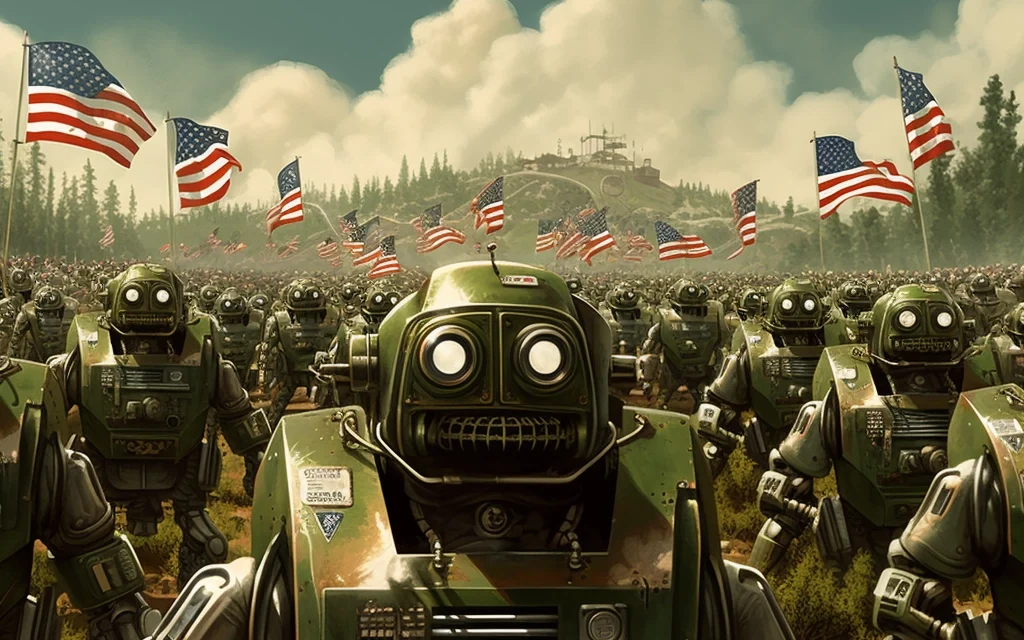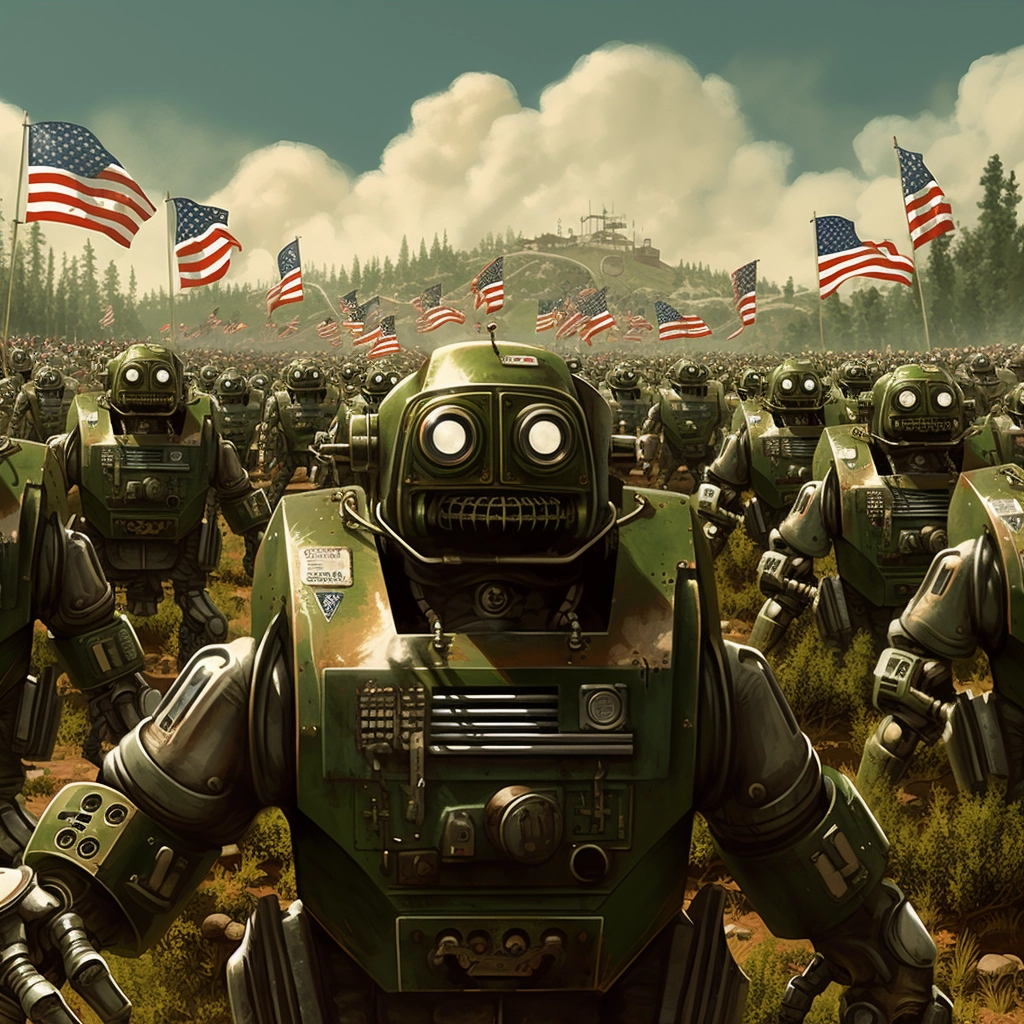Artificial intelligence (AI) has positioned itself as an undisputed protagonist, promising to revolutionize countless sectors with its ability to learn, adapt and overcome the limits of human capacity. In this context, OpenAI, known for its ambitions in the development of Artificial General Intelligence (AGI), has become an undisputed benchmark, capturing the attention not only of the technology industry but also of entities Government , including the Pentagon.

OpenAI's mission in the pursuit of artificial general intelligence (AGI)
OpenAI, since its founding, has pursued the goal of achieving AGI, a form of artificial intelligence that not only equals, but potentially surpasses, human cognitive ability across a wide range of tasks and disciplines. As we explore in the article " AGI and 2001 Space Odyssey , this aspiration represents not only a technical milestone but also an ethical and philosophical challenge of great magnitude.
After the Leadership crisis in which Sam Altman left and returned in six days, Microsoft, a company with 49% of OpenAI's shares got a seat on the board, and subsequently OpenAI has modified its policy to allow military applications, marking a significant shift in its approach and strategy. The collaboration with the Pentagon, focused on software projects, including those related to cybersecurity and veteran suicide prevention, has generated both interest and concerns.
From a pragmatic perspective, this collaboration can be seen as a logical step even if it was unfeasible before the leadership crisis. The Pentagon, aware of the strategic importance of AI, seeks to integrate these advanced technologies to maintain its leadership and protect national security. OpenAI, for its part, finds in this alliance an opportunity to apply its technology in real and challenging scenarios, thus accelerating the development and refinement of its AI models.
Ethical and strategic implications
In our analyses on Proportione, as in the articles " Q* Solve math challenges " and " Skynet, OpenAI, Artificial General Intelligence (AGI) ", we have emphasized the profound ethical and strategic implications of AI. OpenAI's collaboration with the Pentagon introduces a new set of issues. How do you ensure that these powerful tools are not misused? What is the boundary between the defensive and offensive use of AI in the military context?
Sam Altman's departure and changes to OpenAI's leadership structure, discussed in « Sam Altman, Layoff, OpenAI ", may have marked a turning point in the company's strategy and vision. These strategic moves, possibly influenced by Microsoft's entry into the OpenAI Board and its well-known relationship with the U.S. military, as explored in " ChatGPT-5, Microsoft Investment, OpenAI ", suggest a reorientation towards more pragmatic and perhaps lucrative applications of AI.
An Uncertain but Promising Future
The collaboration between OpenAI and the Pentagon opens a new chapter in AI development. Although the opportunities are immense, they are not without risks and responsibilities. It is crucial that this alliance is managed with a clear vision, not only of the potential benefits but also of the ethical and moral challenges that come with the application of AI in the military. Let's keep in mind that, together with China, The US is the other country leading the way in artificial intelligence .
At Proportione, we will continue to explore these developments, providing analysis on the evolution of AI and its impact on society. The intersection between advanced technology, corporate strategy, and government policy is complex and multifaceted, and understanding them is essential to navigating the uncertain but undoubtedly promising future that AI holds for us.
The relationship between OpenAI and the Pentagon is not just a contract or a collaboration; It's a reflection of how the frontier of technological innovation is constantly redefining itself, pushing the boundaries of what's possible and raising fundamental questions about the future we want to build. With every breakthrough, every alliance, every challenge overcome, we are not only shaping the future of technology, but also that of our society and, ultimately, that of humanity.
